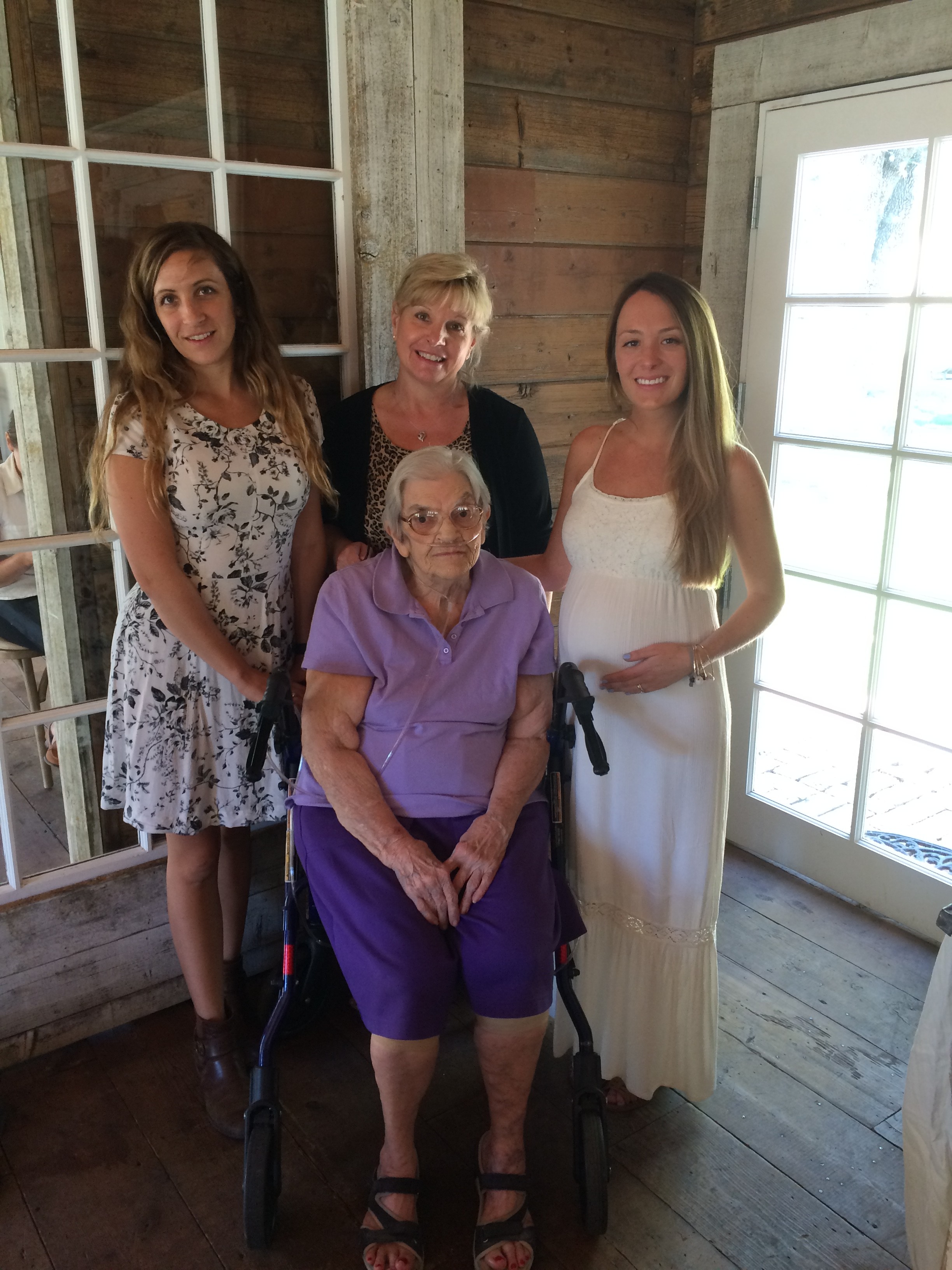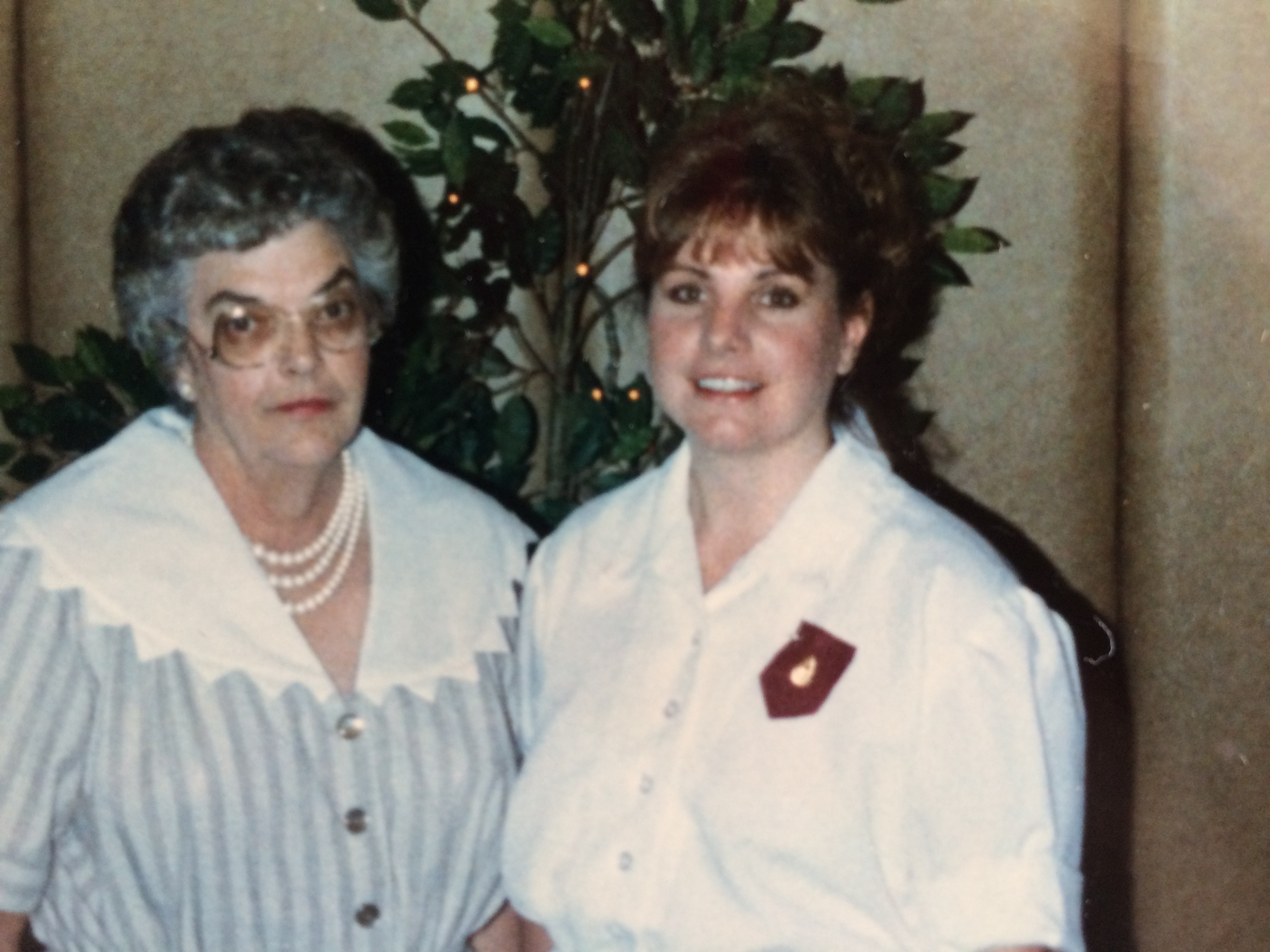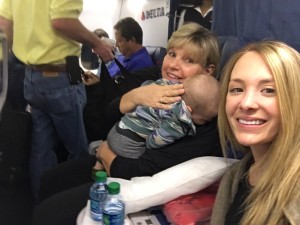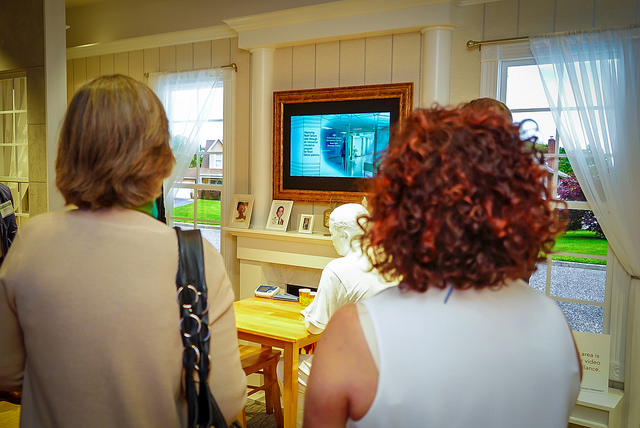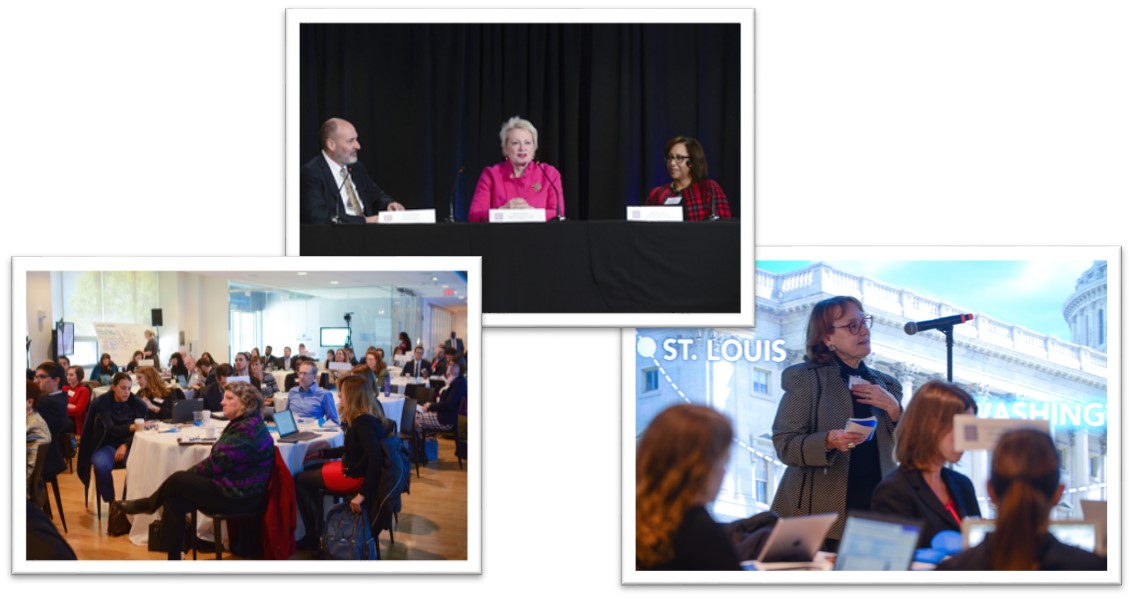Patti Harvey, senior VP, Medicare Clinical Operations and Population Care, and executive director, Care Management Institute, has been a nurse for years, but nothing in her training prepared her for her role as her mother’s caregiver.
On Mother’s Day, I will be thinking about the enormous influence my mother had on my life and work.
Over the past 10 years, I have felt a strong personal connection to my work as a leader in care delivery at Kaiser Permanente. Even before then, my mom had joined KP as a member in 2002, after she and my dad moved to California to live with my family. My dad passed away in 2003 and my mom was a constant in our family for many years, providing care and comfort to all of us.
My mother passed away in November of 2015, so this will be my first Mother’s Day without her. She was not healthy for many years. She smoked cigarettes for almost 40 years and was plagued with almost every bad thing that smoking can do to a woman’s body, except cancer. I was her primary caregiver for 13 years, with help from all of my family.
I have been a nurse for many years, but my role as a caregiver for my mom was one that nursing school and graduate school did not prepare me for. My mom’s needs were complicated and she required support at home during the day while we were off working and going to school. We learned that caregiving for a loved one can create a physical, emotional, and financial burden for the entire family. Our KP members and employees have these same challenges.
My children learned to give insulin and breathing treatments. Walkers, wheelchairs, oxygen, many medications, and frequent trips to the doctor and hospital were a routine part of our lives. These were the physical things, but my mom made each one of us feel special and kept us smiling and enjoying her Texas humor. She told us what she wanted and needed and we worked to make it possible.
Her doctors and nurses knew her and she was a part of their family. Her primary doctor and I are good friends, and KP nurses at the Thousand Oaks clinic have my cell phone number. Her doctor was my support, too. We cried and laughed together trying to keep my mom strong. When it came time for him to have conversations about how my mom wanted to be cared for in her final days, he could not bring himself to talk to my mom about dying. He loved her and wanted to help in any way he could. My mom and I had conversations about what she wanted if she couldn’t make her wishes known. We completed her advanced directives and medical power of attorney.
Still, she had a lot to live for and she set goals for herself. She wanted to see my daughter graduate from college, she wanted to see my middle son graduate from college and pursue his love of flying, and she so wanted to see my baby boy graduate from high school. I am so thankful that she was able to accomplish these things in her life.
My mom fell and broke her leg and her health and well-being deteriorated rapidly. She was in the hospital and had gone through so many painful procedures, she couldn’t eat or sleep. She finally said she didn’t want to do this anymore and asked me to get her doctors to come to her bedside.
Later that afternoon, her hospitalist, her surgeon, her case manager, the nurse executive, her nurse, and I had one of the most powerful conversations of my life. My mom asked us to sit at her bedside and she began to tell us her wishes. Her doctors were both women and my mom said, “I am going to talk to you like I talk to my daughter because I have grown to love all of you. I want some tomato soup, I want to sleep until I wake up, I want to leave the hospital and go somewhere that has flowers and good smells. I don’t want any more pokes, tests, and pain. I want to go home.”
This conversation left us all in tears. Her hospitalist asked my mom, “Mary, what end-of-life care would you like?” My mom looked at me and said, “What the heck did she say?” I asked her doctor to rephrase the question: “Mary, what does a good day look like to you?” When her doctor asked her that question, her eyes sparkled, her voice lifted, she smiled and told us all stories of what a good day for her is. Later that day, her surgeon brought her some homemade tomato soup and ice cream.
My mom passed away five days later with my baby boy and me by her side. My grandson was born two weeks after my mom passed. She is his guardian angel and we will tell him stories of his angel “Nanny” and how she is with him.
I am sharing my story for two reasons. One is to remind me and those I get to touch that we have an opportunity to make the lives of those we serve better and to support their well-being throughout all stages of life. To do that we must listen and respond. The second reason is to help others understand the power of the voice, presence, and partnership of our patients and their families. Without listening and responding to my mom’s wishes, she wouldn’t have had her last good days.
Now to end this chapter in my story, I am a “granny.” Every day I try to make my grandson’s life better; and at work, I try to make our patients, their families, and my colleagues lives’ better — by listening, responding, and ensuring that we don’t lose sight of what we are blessed to get to do each day.
Happy Mother’s Day, Mom! Thank you for all you give me and us every day. 